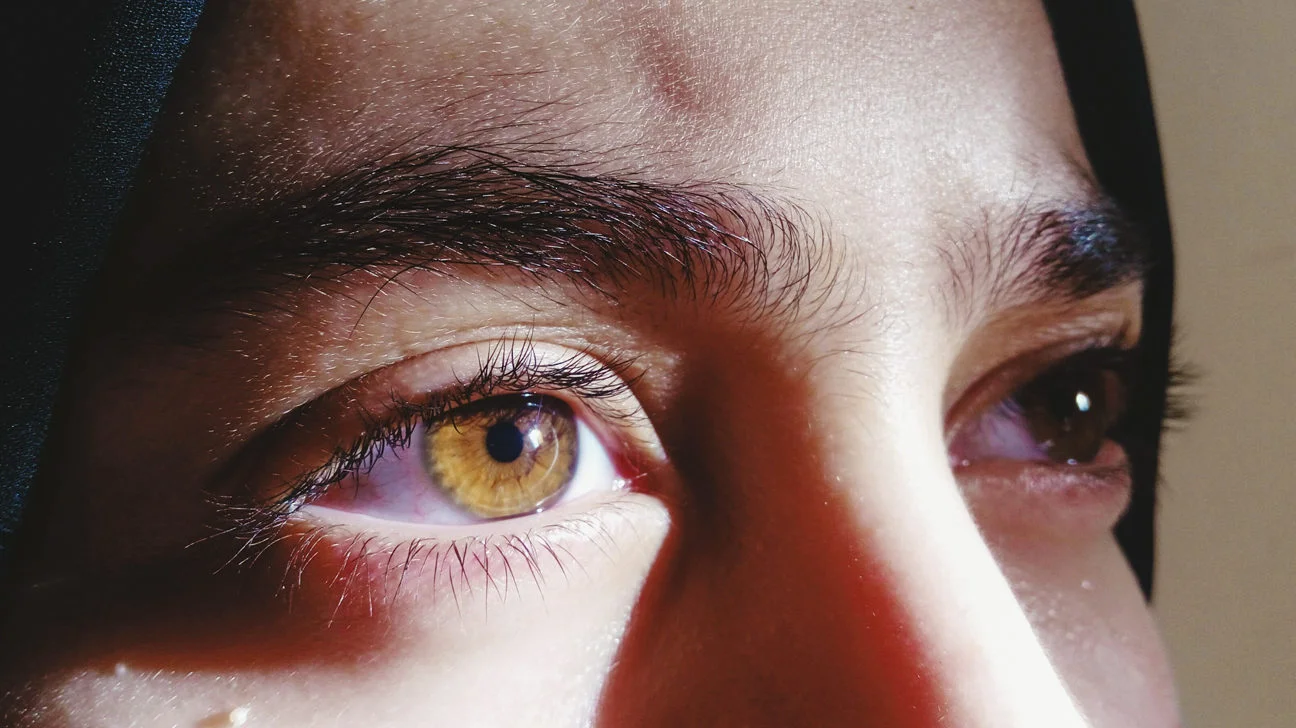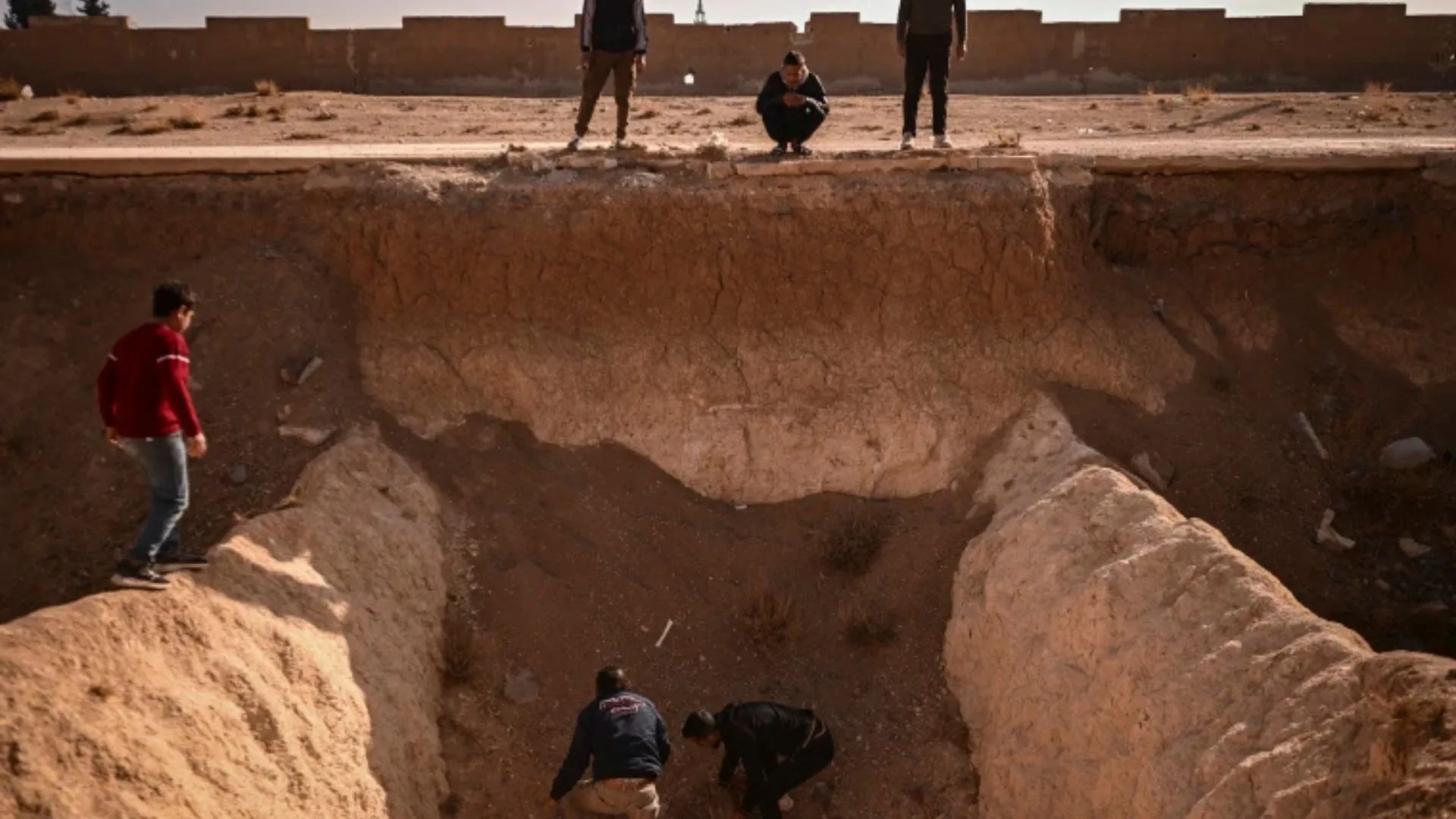While Diwali is a time of joy, the increase in pollution from fireworks often leaves many experiencing eye discomfort. Although some people tend to ignore mild irritations during the celebrations, many later experience symptoms like dryness, itching, and redness. These signs could signal inflammation or allergies in the eyes. Here, eye specialists provide guidance on handling post-Diwali eye irritation and allergies effectively.
Common Eye Issues After Diwali
During Diwali, airborne pollutants can strain the eyes, leading to a few common problems:
Dryness and Itching: The smoke and particles from firecrackers interfere with the eyes’ moisture balance, causing dry and uncomfortable eyes.
Redness and Watering: Exposure to smoke triggers the immune system in the eyes, leading to excess tear production, which can cause red, watery eyes.
Allergic Reactions: While some individuals are unaffected, others experience allergic reactions due to irritants in the air, such as fumes and dust.
Tips to Manage Eye Irritation After Diwali
Dr. Neeraj Sanduja, an ophthalmologist at Viaan Eye and Retina Centre, explains that the increased pollution combined with seasonal changes can cause dryness in the eyes after Diwali. He recommends:
Using Artificial Tears: “Preservative-free artificial tears help rehydrate the eyes and wash away any particles stuck on the surface,” says Dr. Sanduja.
Staying Hydrated: Drinking plenty of water is essential to maintain moisture in the skin and eyes. “Staying hydrated helps restore moisture in the eyes and reduces irritation,” Dr. Sanduja explains. This simple habit can minimize the risk of developing excessively dry eyes.
Dr. Digvijay Singh, Director of Noble Eye Care in Gurugram, advises against activities that can worsen irritation:
Avoid Rubbing Eyes: Rubbing can create tiny cuts on the cornea, increasing infection risk. Instead, Dr. Singh suggests using a cold compress to relieve the urge to rub the eyes.
Use Antihistamine Drops Sparingly: For allergy sufferers, antihistamine eye drops can relieve itching and redness. However, Dr. Singh cautions against overusing these drops. “These drops should only be used under professional advice, as excessive use may cause more harm than good,” she warns.
When to Seek Medical Help
While mild redness and irritation are common and may resolve without medical assistance, Dr. Sanduja advises seeing an eye specialist if symptoms persist for more than three days. Severe symptoms, such as significant redness, excessive tearing, retinal changes, sudden pain, blurry vision, or swelling around the eyes, indicate a possible infection and require immediate medical attention to prevent lasting damage.
Preventing Post-Diwali Eye Issues
To keep your eyes safe after Diwali, experts recommend:
Using Artificial Tears: These help keep your eyes well-lubricated.
Drinking Plenty of Water: Staying hydrated prevents dehydration-related eye issues.
Avoiding Rubbing Eyes: This reduces the risk of further irritation and infection.
Wearing Sunglasses Outdoors: Sunglasses shield the eyes from dust and airborne particles.
Following these steps can help you enjoy the festivities while avoiding eye discomfort. Even though Diwali has passed, taking these precautions can help you cherish the festival’s memories without dealing with lingering eye irritations or allergies.























